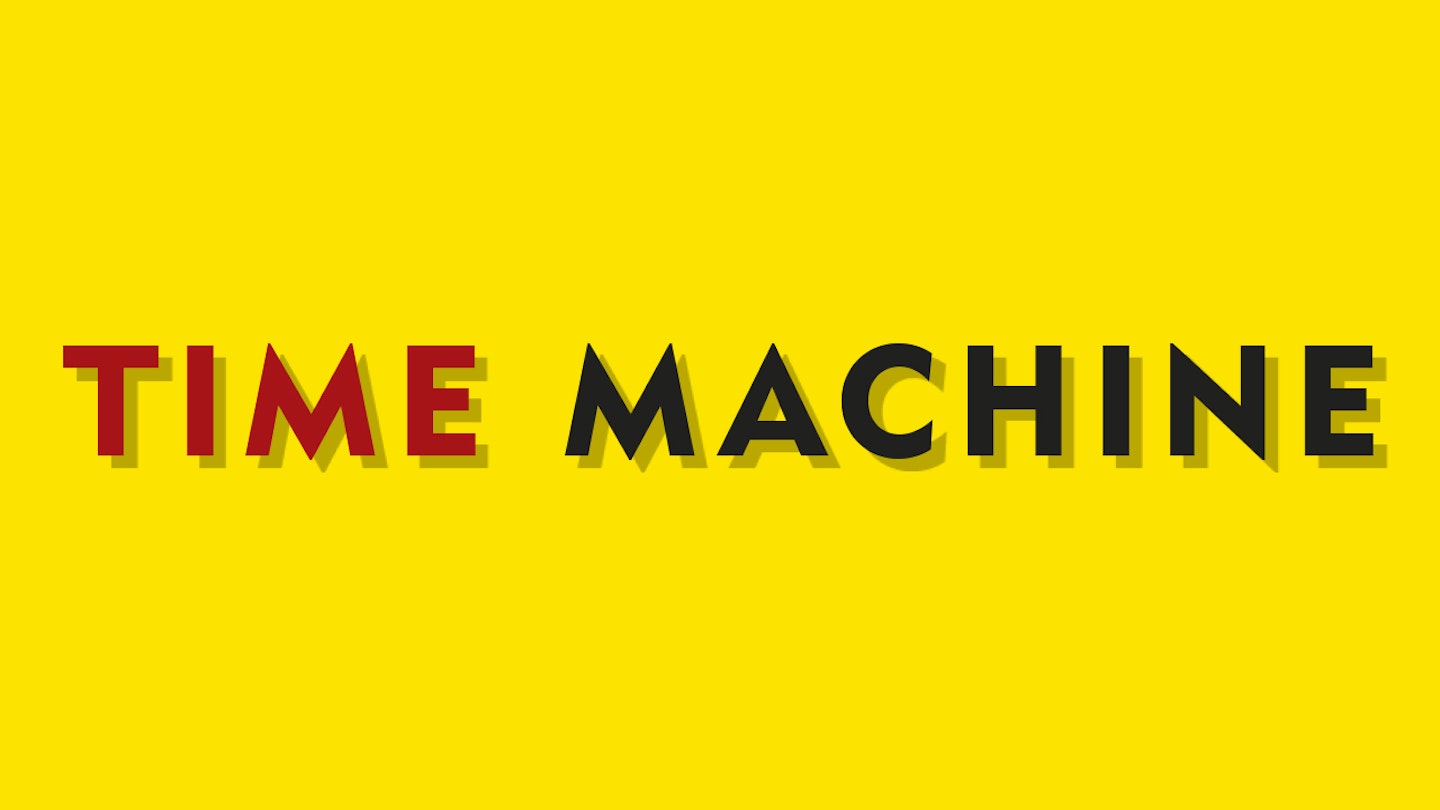11 July, 1980
A new Ultravox LP? Some onlookers raised an eyebrow when it hit the racks this summer Friday. The group, billed as Ultravox! on two 1977 albums of evolving, sci-fi art-punk, had released their increasingly electronic third set Systems Of Romance back in September ’78. Then, after a US tour, frontman and guiding light John Foxx had quit in March ’79. Early in 1980 Foxx had scored synthetic top forty entries and TV spots with the superb, inhuman Underpass and No One Driving. Maybe he’d got custody of the inspiration?
“I remember being in (voguish Covent Garden night spot) the Blitz club and hearing Underpass,” says Ultravox keyboards and violinist Billy Currie today, “and seeing the grins and smirks of the New Romantics, going, You lost your lead singer and he’s got a hit - what the fuck have you done?!”
Currie, drummer Warren Cann and bassist/ keysman Chris Cross were up for the fight, though. Just weeks after his departure, Foxx had been replaced by singer-guitarist Midge Ure, whose resumé included mid-seventies popsters Slik, Glen Matlock’s Rich Kids, Thin Lizzy and Steve Strange’s Visage. The latter outfit, which also featured sometime Gary Numan collaborator Currie, would, mildly confusingly, run concurrently for a time with Ultravox.
“When I joined the band they had no money but I was really just pleased to be in on it,” the telegenic, pencil moustache’d Ure told Paul Morley in September ‘80, adding, “I’ve got a commercial ear. That’s nothing to be ashamed of, or embarrassed of. That was what was needed… I’m very serious about this group.”
Nobody involved was aiming to miss, it seemed. “There was frustration and it came from all of us,” says Currie. Having road tested material on a US tour in late ’79, the new line-up signed a deal with Chrysalis and decamped to London’s RAK studios in spring 1980 with Conny Plank, later finishing and mixing in the producer’s barn-studio in Cologne. An album of powerful electronic rock with the influences of former Plank clients Kraftwerk and Neu!, and substantial pop flair, the whole was completed by the dramatic, quixotic title track, written in John Henry’s rehearsal space on London’s Caledonian Road.
“Cut the bloody crap and stop gobbing and throwing things!”
Billy Currie
Initial reaction was cautious, with the album entering the charts at 14 on July 19, and anthemic lead single Sleepwalk – with wild solo’ing on the ARP Odyssey from Currie - reaching number 39 the following week. “It was an odd time for the album to be released,” says Currie. “It should have been in autumn, but the label just wanted it out. They did manage to get us in the top twenty, so we had come into the land of the living, but it was still a bit desperate. Chrysalis didn’t mess about, they would have kicked us off!”
Three weeks after the album’s release, Ultravox began the first of the year’s two UK tours, hitting Cardiff, Doncaster, Dundee and beyond. “It was really good being back on the road in Britain,” says Currie, “but it was quite hard work. It was still quite aggressive out there - a leftover from the punk thing. We knew some people didn’t like us carrying on without John Foxx, but we were determined to carry on. I’ve got a cassette of when we played in Nottingham and someone’s throwing something at Midge, and he was like, It’s a different decade, cut the bloody crap and stop gobbing, spitting and throwing things! We just went bloody mad. We had loads of energy.”
Sleepwalk reached its zenith of number 29 the same month, leading to the group’s first Top Of The Pops performance. Yet it would be another six months before the group could breathe easy, when Vienna’s title track became a huge hit, helped by a striking Russell Mulcahy promo clip part-filmed in the Austrian capital and starring a variety of decadent Euro-libertines including Great Rock‘N’Roll Swindle director Julian Temple, with a tarantula crawling across his face (in Britain the 45 was held off number one by Joe Dolce’s novelty Shaddap You Face). “At first I was against putting Vienna out as a single, into the meat grinder,” says Currie. “Luckily I was persuaded.”
Vienna would end up a platinum album. 40 years on, Steven Wilson has remixed it for a new edition, while Ure has plans to play it live. Currie remembers their breakthrough to mainstream success – until their 1988 split - fondly. “We’d been a bunch of schizophrenic odd-bods and we just weren’t accepted,” he says, now a solo artist. “Then, thank God, finally it was our time.”
